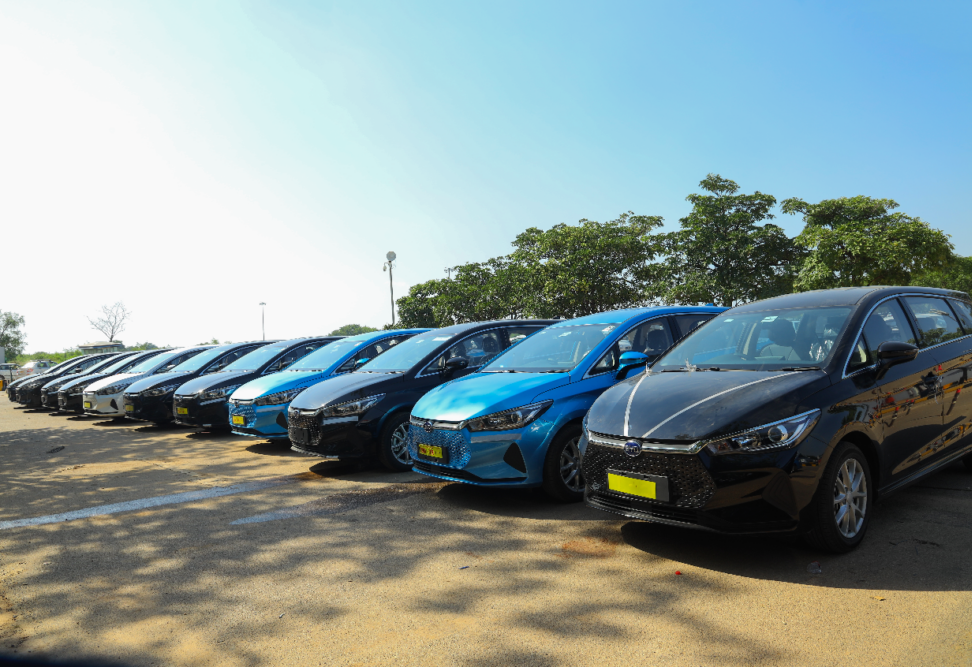India to revise policy for promoting localisation of electric cars
According to a recent Reuters report, India plans to extend the EV policy to automakers manufacturing electric cars at existing local plants, including those for petrol and hybrid models, instead of limiting its scope to companies setting up new electric car factories. However, companies must build the electric models on a dedicated production line and comply with the scheme’s local sourcing requirements. The government will require them to generate a certain minimum revenue from the dedicated EV plant or, in the case of a multi-energy car plant, the dedicated EV production line.
To be eligible for the EV policy, an automaker must invest a minimum of 500 million dollars (approximately 476 million euros) in setting up a manufacturing facility in India for electric cars. Under the revised scheme, the government will count the investment automakers make in machinery and tools for building EVs in full, even if they use them for other types of cars. However, it will not count the money companies spend on research and development as part of the minimum investment. The government plans to finalise the new guidelines by March next year.
India designed the new EV policy, which it first announced in March this year, mainly to encourage Tesla to set up a local plant. The idea: Car manufacturers can import a limited number of electric cars into India at significantly reduced customs duties if they set up production there. But the scheme failed to attract the American automaker. The government is discussing the tweaks with other foreign automakers, such as Hyundai, Toyota, and Volkswagen, which have shown interest in manufacturing EVs in India.
The revised policy allows eligible beneficiaries to import up to 8,000 completely built units (CBUs) of electric cars with a cost, insurance, and freight (CIF) value of 35,000 US dollars (approximately 33,000 euros) or higher annually for five years at a reduced customs duty of 15%, down from as high as 100%. If they do not fully utilise their annual quota, they can carry over the remaining import limit to the following year.
In return, India asks beneficiaries to invest the above-mentioned $500 million in a local electric car manufacturing facility within three years from the date the government approves their eligibility for the scheme. They also need to start local production and achieve a domestic value addition (DVA) of a minimum of 25% within this period.
By the end of the fifth year, the beneficiaries need to increase the minimum DVA to 50%. If they saved more than $500 million from the lower customs duty on the CBUs by then, the money they invested in the local electric car manufacturing facility should match that amount.
reuters.com, static.pib.gov.in (PDF)





0 Comments